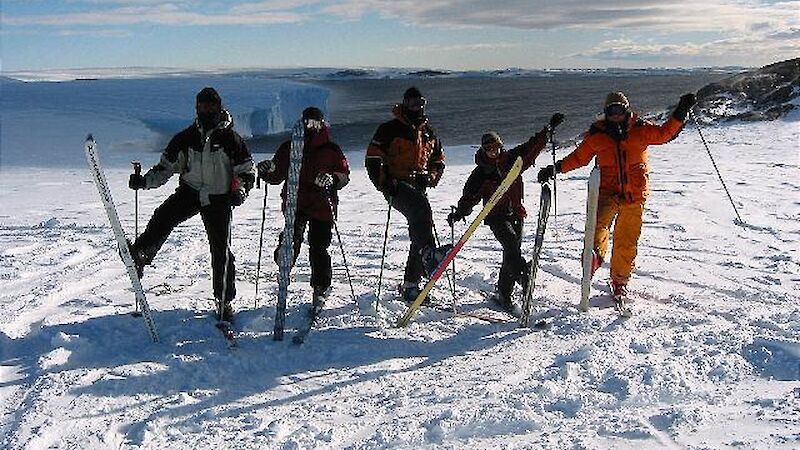Doctors ready to experience the unusual have the opportunity to work in Antarctica with vacancies for the Australian Government’s Antarctic Division (AAD) being advertised this weekend.
Dr Sharman Stone, Federal Parliamentary Secretary for the Environment and Heritage, said that the Australian Government’s Antarctic Division was looking to recruit doctors for Australia’s three continental Antarctic stations at Casey, Davis and Mawson and its sub-Antarctic Macquarie Island station.
“If you want to step outside the norm for a while then working in Antarctica presents an incredible life experience,” Dr Stone said.
“The work is varied and apart from general practice, our doctors can be called on to do anaesthesia, surgery and dentistry. While it is essential that they have surgical procedural skills, short training is possible in other areas.”
Dr Stone said that once on station, doctors have excellent facilities equal to any small country hospital in Australia.
“We have up to 300 people at our stations and in field camps during the summer season and while everyone takes precautions, accidents and emergencies can happen and we need to be prepared for that.
“In winter, when the numbers dwindle to around 80, it is still essential to ensure that medical help is at hand if and when required.”
Dr Stone said that she could understand the reluctance of some doctors in wanting to commit to a year away from a practice but noted the wonderfully positive feedback from those who had returned from a stint in Antarctica.
“It is difficult to understand why we are not inundated with applications from doctors wanting a 'sea-change’ from normal life in Australia.
“You get to travel to a unique part of the world and meet some of the most interesting people.
“In terms of broadening horizons, it’s a life-changing experience to practise medicine in Antarctica.”
Dr Stone said apart from using their medical expertise, doctors could also be required to be part of the fire-fighting team, act as field assistants for scientists drilling ice cores for use in climate research, assist in counting penguins which helps determine breeding patterns or even take a turn at cooking for the rest of the station when the chef has a day off.
“During time off, you can pursue outdoor activities such as walking, climbing, skiing, camping and photography and do it all in the most spectacular environment in the world.”
Dr Stone said that excellent communications at all Australian stations kept our Antarctic personnel in touch with family and friends back home.
“It’s as easy as picking up the telephone or sending an email — certainly a big advance on the early days when expeditioners were rationed to just a few words in Morse code sent through on HF radio.”
Dr Stone said that only doctors who had full medical registration in Australia were eligible to apply for the vacancies.

